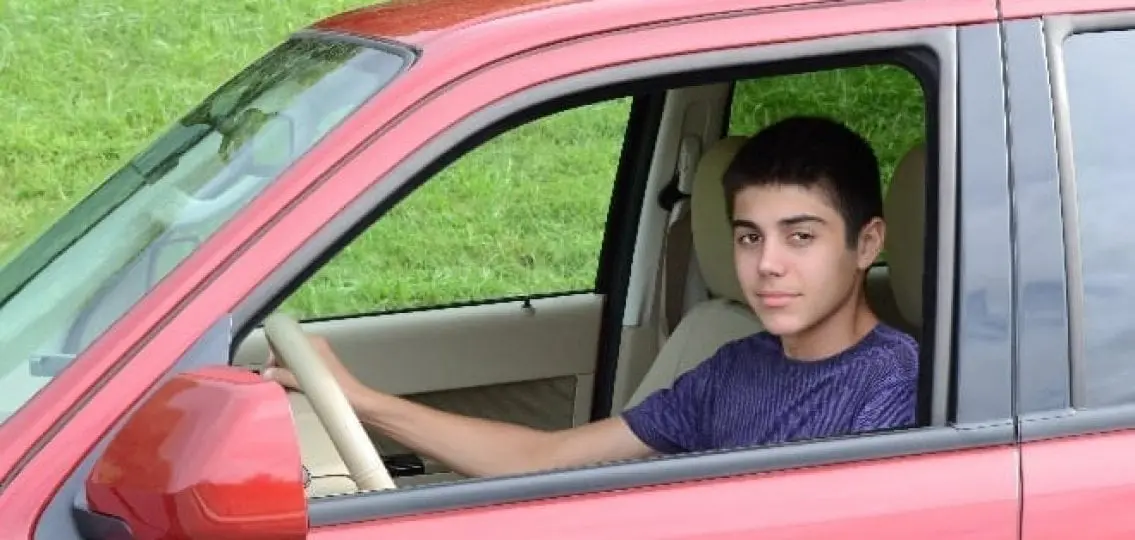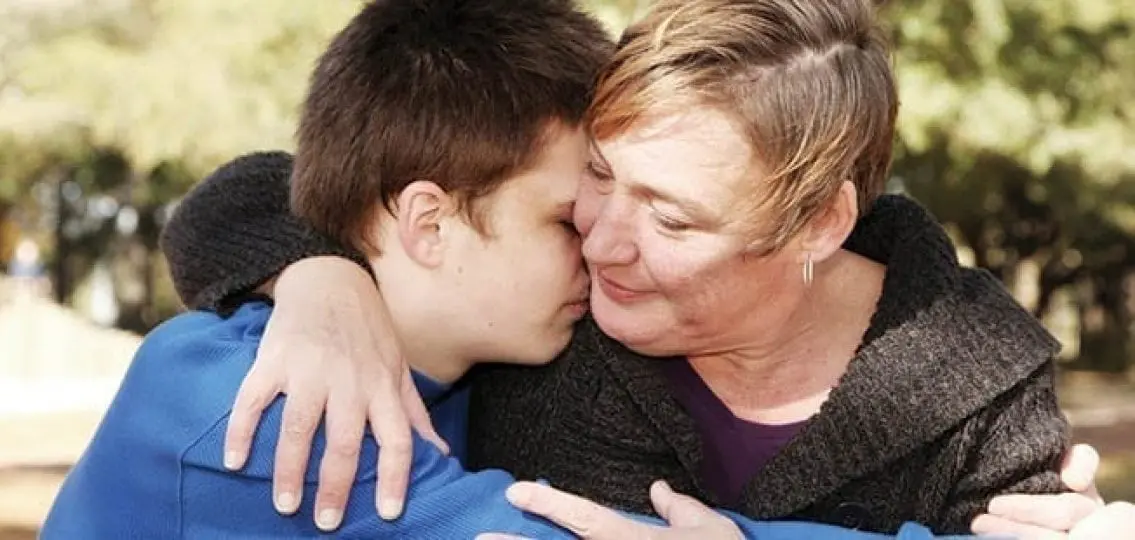“I don’t live here anymore. I’m just visiting.” These were the words my 19-year-old son, who had just returned from a year abroad on a gap year program, uttered recently in the middle of a family dinner.

Yes, he said it when he was tired and annoyed. And yes, a few hours later he looked to me for help and advice just as he did when he was still in high school. But it was still one of the most piercing proclamations ever to have come out of his mouth. As a mom who survived his difficult early teenage years, that’s saying a lot.
The Truth Hurts
On some level his statement was true. For nearly a year, he hasn’t slept at home for more than a few days at a time. But in my mind, my home is still his home. He still has a room here. His possessions still clutter that room. He still uses the family car, and he still helps himself to food in the refrigerator without asking.
But in his mind, he has moved on: this is still the place where his family and his siblings live, but it’s not his home; it’s his parents’.
I remember when I came home from my first post-high-school year, feeling much the same way he does now. My mother, who was witness to my son’s life-changing sentence, was quick to remind me of a strikingly similar, though less blunt, statement I had said to her back then. Just in case I had forgotten.
Logically, I know that my son’s sentiment is a normal one, a healthy one and certainly not completely unexpected. Even so, I had to leave the dinner table to compose myself as those words hung in the air, ringing in my head.
My first two children were born only 14 months apart. When they were toddlers, I was completely overwhelmed much of the time. I had moments when I didn’t know how I was going to get through that very difficult stage. I was fond of telling myself that I wasn’t cut out to parent three-year-olds.
When they entered their teen years, I admit I sometimes dreamed about the day they would leave the house. I would have some relief from the frequent tensions of living with constantly changing and developing almost adults.
The Dual Emotions Regarding My Son’s Independence
Now that my oldest child has made clear that he sees himself as independent from me (although we’re still awaiting his financial independence), I am torn between feelings of pride and of rejection.
Pride for the amazing, put-together adult that he is fast becoming and rejection for the way he is pushing me (and not always so gently) away in the process.
So what now? My household is about to go from three teenagers to only one in the span of two years. I don’t know yet what that means for me or for them, especially not for the one child who will be left at home as an ostensibly only child. What I do know is that my life has changed from the “normal” of the last 13 years. My two oldest “children” are now young adults who must find their way on their own, with only occasional guidance from me.
As hard as it was to raise them, it’s harder to let them go.

Hopefully, although he says he doesn’t live here anymore, my son (and his sisters) will always think of our home as a place of safety and refuge, a place he can come back to whenever he feels the need, and most importantly, a place he can always call home.




